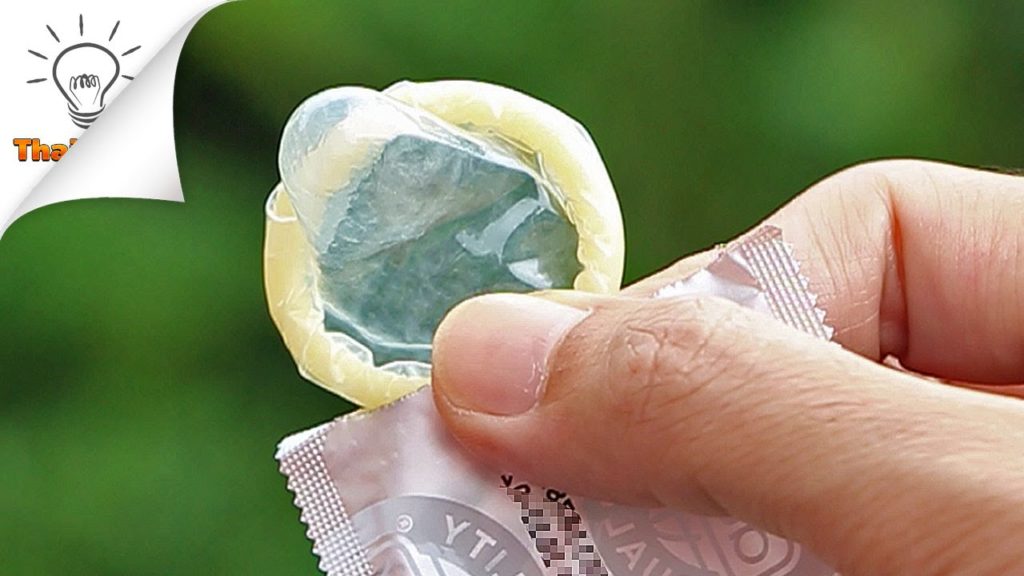This STDs or the sexually transmitted diseases that you can get over any condom. Basically, condoms can be expected to provide different levels of protection against various STDs. This principally depends on the different ways in which these diseases or infections are transmitted. However, the male condom that we often use may not cover all infected areas. Thus they are more likely to protect you against STDs that are transmitted only by genital fluids, some of which include gonorrhea, Chlamydia and HIV infection
STDs that are transmitted primarily by skin-to-skin contact which may or may not even affect areas covered by a condom, such as genital herpes, the human papilloma or HPV infection and Syphilis are the most common STD’s that one could contract despite the use of a condom. But there are few other STDs too, which can pass from person to person even with the use of a condom.

1) Herpes (HSV)
The genital herpes’s a chronic lifelong viral infection with mainly two types, we have the HSV1 and HSV-2
- HSV-1 costs more of oral herpes
- HSV2 causes most of the cases of recurrent genital herpes.
The fact that it can make the use of condomless worthy is due to how it is transmitted.
How does Herpes/HSV transmit?
Most of the genital herpes infections are transmitted by people during the initial stage when the disease is asymptotic or show no signs or symptoms of the disease. They are even unaware that they are infected with HSV-2. When in most of the cases the transmission is not known. There are no clear signs when people contract. Also, the infection can be passed on just merely by simple contact. The efficiency of the Herpes transmission is greater from men to women than from women to men.
Now we are going to look at some of the clinical manifestations or in other words symptoms of HSV or herpes.
- Primary Lesions
- Multiple ulcers
- Recurrent ulcers
- Periurethral lesions
- Cervicitis
- Oral Herpes
Now the question is can he be cured?
Absolutely not, there is no cure for herpes. However, there are antiviral medicines that can prevent or shorten the outbreaks. One of these, antiviral medicines, can be taken daily, and it makes it less likely that you pass the infection on to your sex patent.
2) HPV
Another STD that many people contract despite the use of the condom is the human papillomavirus infection or HPV infection. HPV is one of the most common STD’s. There are thousands of strains of the virus some are mild and never manifest themselves, they are asymptomatic, some cause warts, and some are as dangerous to even cause cancer.
Symptoms of HPV
- All right we’re gonna look at some of the symptoms of HPV and this include in
Genital warts - Common warts: They usually appeared as a rough, raised bumps on the hands, fingers, and elbows.
- Plantar warts: Appear as grainy growths usually on the heels or balls of the feet
- Flat warts : They appear on the skin
Please note: As a woman, you should be going in for your regular pap smears.
The pap smears like is a medical screening process usually to diagnose cervicitis, this is usually a medical check-up done by a gynecologist and as a woman is important that you go in regularly for pap smears, which could be anywhere from every six months to only every few years depending on your age in your medical history. if you are going in for this regularly your doctor checkup, you should cut your HPV in the form of irregular cells long before they turn into cancer or warts.
There is no HPV test for men, and it causes no symptoms in men which is one of the reasons it runs so rampant. Many men never knew they have it, and pass along. That’s one of the main reasons why as a woman you should be going in for your pap smears regularly.
Is HPV curable?
Many people have HPV and the infection often clears up on its own, without treatment and it often does not even make people sick. But if it doesn’t go away by itself, and if it
causes problems, your doctor could treat the symptoms of the infection.
3) Syphilis: Etiology-Treponema pallidum
This is another STD that people easily contract and it’s a very serious bacterial infection is syphilis. This is caused by a bacteria called Treponema pallidum.
What are some of the clinical manifestations or symptoms of syphilis?
Primarily we have three types of syphilis this include
- Primary syphilis chancre
- Secondary syphilis (visual component with papular rashes)
- Tertiary syphilis
Tertiary syphilis is a more serious pathology and it’s accompanied by the cardiovascular as it affects the cardiovascular system.
As they had or in other cases you may have this kind of syphilis reaching the nervous system not as what we call neurosyphilis.
One may have a question stating if syphilis is curable?
Yes, of course, syphilis is a curable disease with prompt diagnosis and treatment. However, if treated too late there are many permanent damages to the heart and brain even if the infection might be treated or destroyed.
Don’t take any chances, get tested with a discount coupon http://www.stdcheck.com/?coupon=10OffOrder
4) Chancroid
STD that we could easily contract while using a condom is what we call Chancroid. Chancroid bacteria severely transmitted disease caused by infection with Haemophilus ducreyi. This usually is characterized by painful necrotizing genital ulcers that may be accompanied inguinal lymphadenopathy and it is a highly contagious but curable disease.
Symptoms of Chancroid
Visually have regional adenopathy in this. Genital pus.
Can Chancroid be cured?
Yes, luckily if you treat it early check, retina field when caught early this disease can be treated with antibiotics.
Why do condoms fail to protect some disease?
The answer to this question has to do with ‘how those STD are transmitted’. So let’s get that thing answered first.The above-mentioned STDs has the potential of passing on to another person even by skin to skin contact which means even by touching. So not necessarily the sexual contact. In fact, syphilis can pass on from a pregnant mother to the baby.
Also read : Way the STD STD passes from one person to another without having sex.
Prevention of STD
- The best way to prevent STDs is through abstinence.
- You should always ask your partner (new partner) of his or her STDs history. Especially status of the of most of the recent STD test results
- It is advisable to being a long time to have a monogamous relationship with an
uninfected partner.
Reference


